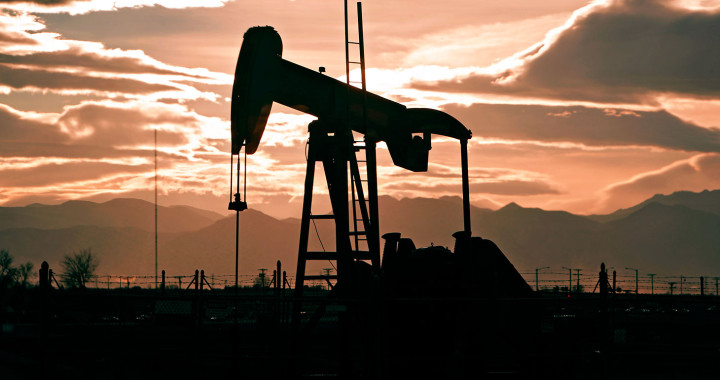Earlier this month, researchers from Johns Hopkins University shared findings that indicated fracking caused symptom flare-ups in individuals with asthma. “Residents of communities undergoing (fracking) and those nearby can be exposed to noise, light, vibration, heavy truck traffic, air pollution, social disruption and anxiety,” Sara Rasmussen of Johns Hopkins University in Baltimore told Reuters Health.
This study is just another accusation levied against the fracking industry, causing more controversy over a viable method for extracting oil and gas. Last December, BBC News covered fracking and its associated controversies as the United Kingdom begins to explore the implementation of hydraulic fracturing on its soil.
“Fracking uses huge amounts of water, which must be transported to the fracking site, at significant environmental cost,” reported BBC News in December 2015. “Environmentalists say potentially carcinogenic chemicals used may escape and contaminate groundwater around the fracking site.”
Unfortunately, there is a lot of misinformation out there, on both sides of this hot topic issue. An article found in Popular Mechanics shows that the fracking industry and those vehemently opposed to it cite incorrect information and assert falsehoods to make their cases. With so much inaccuracies being used in this heated debate, it’s hard to know if there’s any weight to the fracking controversies that pop up in the news.
Furthermore, nothing is ever black and white. There are always shades of gray in between that better represent facts than either opposing side truly can when it comes the argument for or against fracking. For instance, a Nature World News contributor wrote in September 2014, “Those living near fractured wells are potentially at risk of health threats given the increased amount of volatile organic compounds and air toxins in the area. On the flip side, when natural gas replaces, say coal as a fuel for generating electricity, the benefits to air quality include lower carbon dioxide emissions than coal and almost none of the mercury, sulfur dioxide or ash.”
No industry is without its controversies, and while some evidence might indicate negative outcomes due to fracking, there is also research that disproves these theories. Only time will tell if fracking is the deadly hazard that naysayers claim it is but as it stands, hydraulic fracturing is a cost-effective method for extracting much-needed natural resources.

